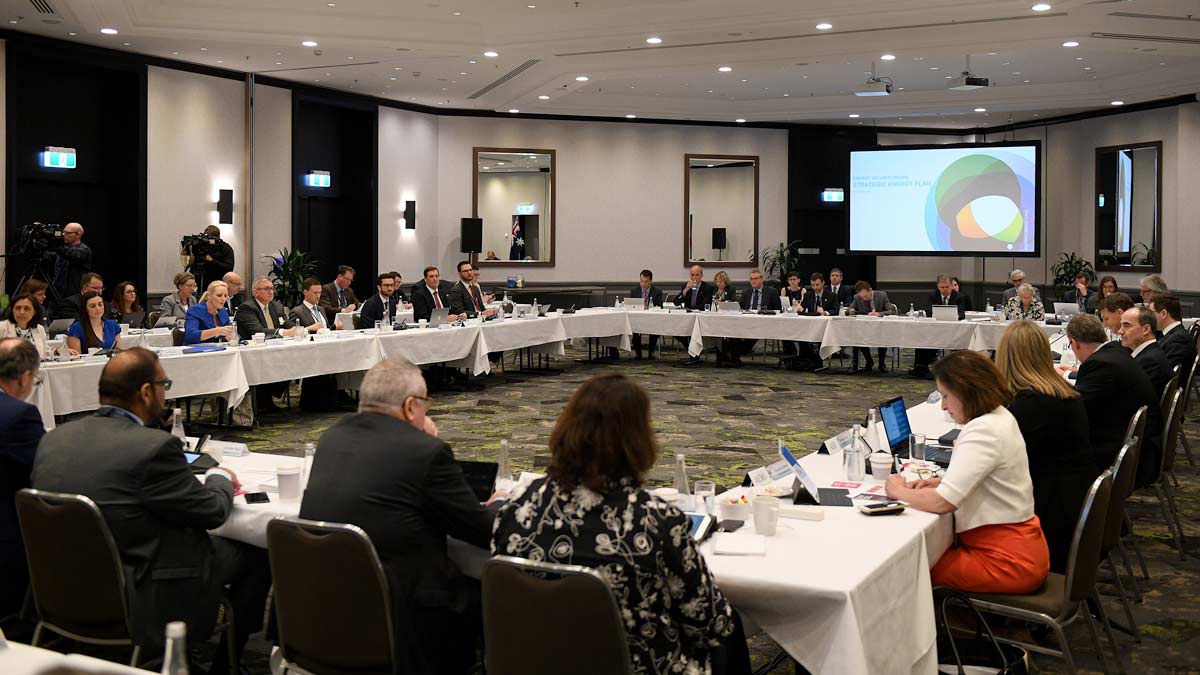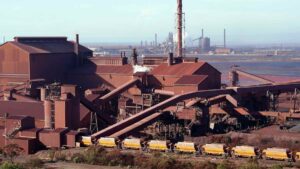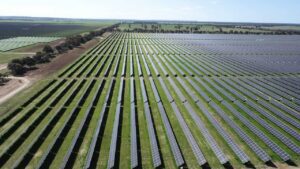A broad coalition of Australian peak bodies has called for an accelerated transition to lower cost and lower emissions energy sources, and immediate steps to protect vulnerable consumers through energy efficiency and demand management measures.
The call, made a day before the first energy ministers meeting since the election of the Albanese government, was issued by 29 peak groups that represent a broad coalition of business, industry, research, farmers, investors and social service groups.
Signatories include the Australian Industry Group, the Australian Conservation Foundation, the Australian Council of Social Service, The Australia Institute and the National Farmers Federation.
The group calls on ministers to focus on neglected parts of the energy transition, including supporting improvements in energy efficiency and demand-side energy management, alongside ongoing support to increase the supply of low cost and low emissions energy.
“A long-standing lack of investment in energy efficiency, energy management and fuel switching has left Australians more vulnerable both to high prices and to extreme weather,” the statement says.
“Demand-side investments don’t just pay off through lower individual bills. They deliver improved health and higher energy productivity, reduce the need for new supply-side investment, and help us reach our emissions goals.”
The group calls on ministers to work together to “calm chaos” impacting energy markets, including by stepping in to protect vulnerable households from the impacts of surging energy prices, calling for a boost to energy concessions for low-income households, as well as businesses
But the group warns that short-term responses to reduce energy costs for consumers are unlikely to be sustainable for the long term, and that ministers need to continue working towards longer-term energy market reforms.
“A staged response is essential because this crisis includes both acute price pain and the likelihood of chronic high prices thereafter. Only a handful of measures are likely to help in the short term and they are unlikely to be sustainable,” the statement says.
“Accelerating our clean energy transition in a fair and inclusive way will ultimately deliver durable help, but while that requires immediate action it will largely impact the medium term.
“A faster build out of large-scale renewables and transmission makes all the sense in the world, as does a speedier move from natural gas to alternatives from electrification (like efficient reverse cycle air conditioning in households) to biogas (like captured landfill gas running brick kilns) to hydrogen (like green hydrogen for essential chemical products) as appropriate in different contexts.
“Actually making this acceleration work will be complex, requiring reforms and coordination across multiple jurisdictions and both public and private investments.”
The statement comes ahead of an anticipated meeting of federal, state and territory energy ministers to discuss the current crisis impacting Australian energy markets, gathering for the first time since the federal election and convened by newly appointed federal energy minister Chris Bowen.
Australia’s energy ministers met regularly to discuss cooperation on energy policy under the former COAG Energy Council.
That council was abolished by the Morrison government amid the Covid pandemic, instead convening more tightly controlled and confidential meetings under the ‘national cabinet’ system. Former federal energy minister Angus Taylor was understood to have dictated the terms of the ‘national energy cabinet’ meetings.
New prime minister Anthony Albanese has flagged his intention to re-establish a system of more open and consultative ministerial forums, like those that characterised the former COAG system.
The group of peak bodies welcomed the moves made by Bowen to restore greater collaboration between energy ministers.
“A collaborative response between the Commonwealth, States and energy stakeholders is needed because no one player holds all the powers, resources and information to resolve this crisis,” the statement says.
“Industry and community leaders can bring expertise, urgency and goodwill to the table, and we ask energy ministers to work with us. Working together and being transparent will give us all the best chance of success.”
NSW energy minister Matt Kean told the Australian Energy Week conference on Tuesday that it was important that energy ministers continued to work on a redesign of Australia’s main electricity market – being led by the Energy Security Board.
“Over the years, there have been times where states and territories have had to intervene to drive outcomes, particularly in order to promote renewable developments and safeguard consumer outcomes,” Kean said.
“The New South Wales government through national ministers forums will continue to work with the Energy Security Board throughout the implementation of the post-2025 reforms to ensure energy reliability and affordability for customers is maintained through an orderly exit of large scale thermal generation.”










